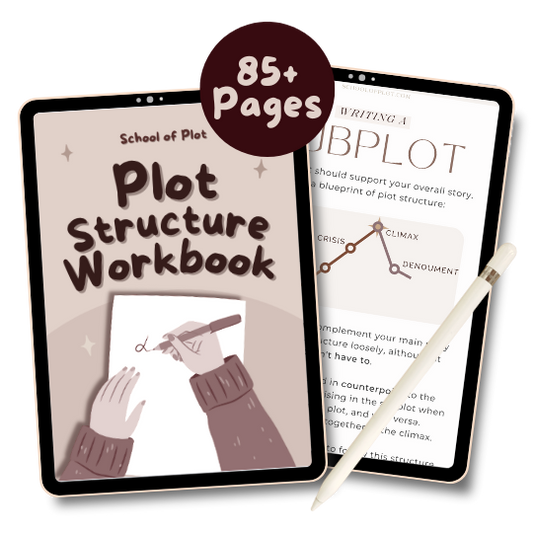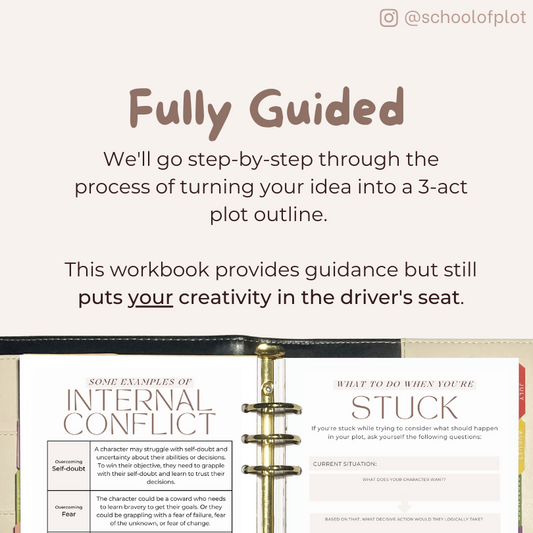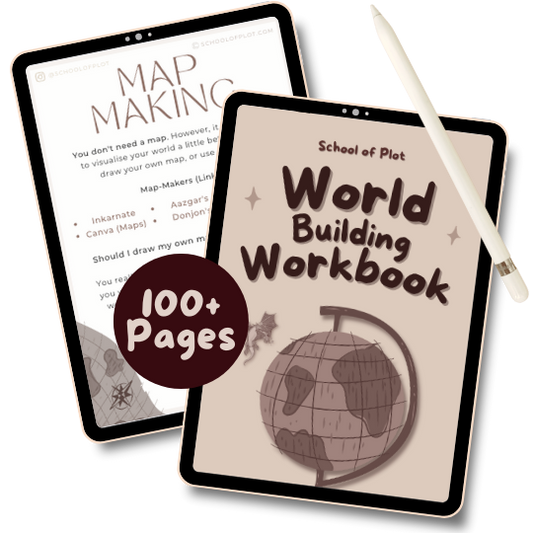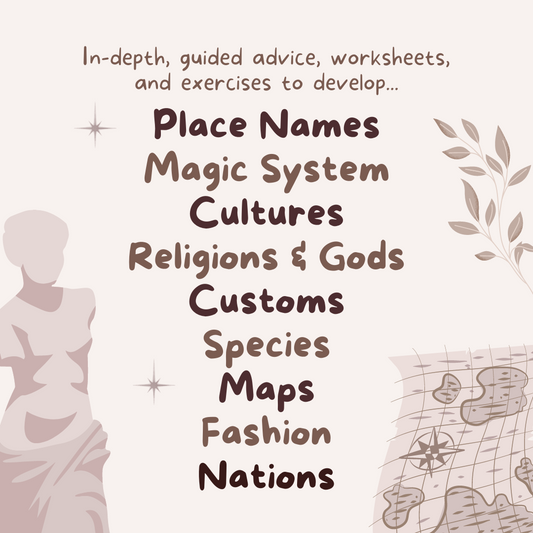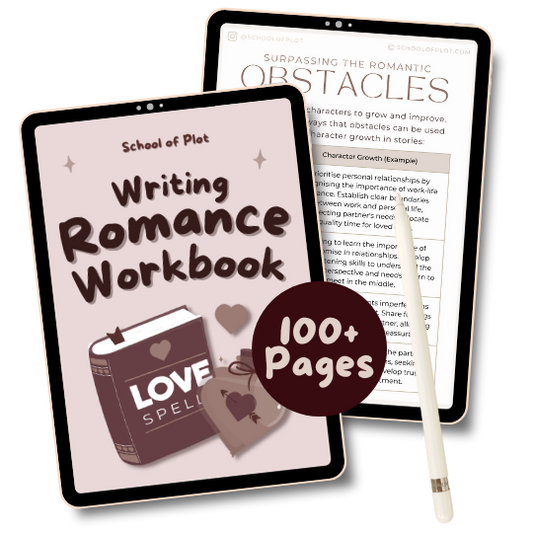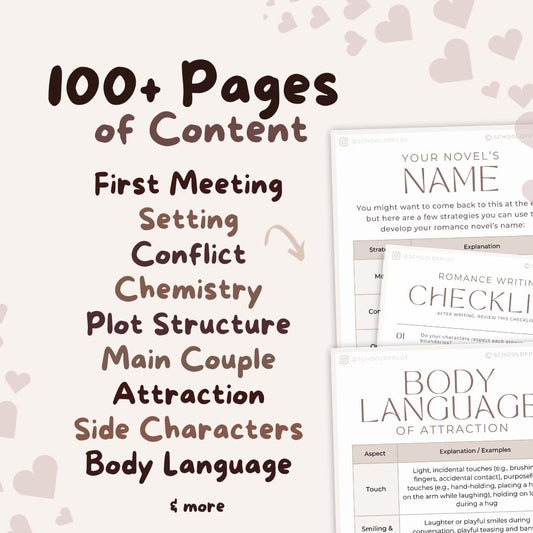When you're describing a castle, consider whose perspective you're writing from. Perhaps a prince might gloss past the fine masonry but a peasant might feel awed by it. Maybe a prisoner might focus on details that are grim or foreboding. Maybe a struggling king would notice threadbare tapestries and thin cushions.
Vocabulary to Describe Castles
|
Impenetrable |
Draughty | Baroque |
| Fortified | Dusty | Medieval |
| Imposing | Damp | Forbidding |
| Turreted | Creaky | Grim |
| Rugged | Echoing | Glittering |
| Isolated | Luxurious | Lonely |
| Barren | Opulent | Silent |
| Towering | Ornate | Desolate |
| Rugged | Elaborate | Gothic |
Exterior Parts
- Keep: The main fortified tower
- Other towers: Including watchtowers, gatehouses, and corner towers
- Moat: A water-filled ditch surrounding the castle as defence
- Drawbridge: A bridge that can be raised or lowered
- Parapet: Protective wall at the top of a fortification
- Portcullis: A heavy, metal gate that can be lowered & raised (the metal grid thing you see go up and down in movies)
Interior Parts
- Great Hall: The heart of the castle, used for dining, feasting, and gatherings. The big room where stereotypical fantasy kings chomp on turkey legs
- Parlour: A smaller, more intimate room for conversation and relaxation
- Chapel
- Kitchen: Often with a large open hearth
- Pantry: A room for storing food and drink
- Larder: A cool room for preserving meat
- Buttery: For storing dairy products
- Cellar: For storing wine, ale, etc.
Location
Where your castle’s built might impact its design, features or ambiance. For example...
| Hot Climate |
Open courtyards, tiled floors, whitewashed walls, airy rooms, high ceilings, central fountain
|
| Cold Climate |
Thick stone walls, tapestries and furs, large fireplace, smaller windows
|
| Coastal Location |
Sea walls, fortified gates, walls made of a material that can resist corrosion
|
Purpose
Why was this castle built, initially?
Castles made mainly for protection may have features like thicker walls, towering keeps, and a strong emphasis on defensive features like arrow slits, portcullises, and moats.
Castles designed mostly for living (e.g. as primarily residences) might have larger and more ornate halls, comfortable living quarters, and features like gardens or chapels.
Examples
The rising sun caught each of the panes of glass and lit them like spring fire. The ivy was green and lush. The berries in the Christmas boughs were bright as battle. It was a grand and welcoming and beautiful sight, vibrant and alive. Yes, there was smoking fire in the background and walls had newly been knocked down, but it was impossible not to see that beneath that, the castle had a live and beating heart.
– Maggie Stiefvater, Bravely
This tower, patched unevenly with black ivy, arose like a mutilated finger from among the fists of knuckled masonry and pointed blasphemously at heaven. At night the owls made of it an echoing throat; by day it stood voiceless and cast its long shadow.
― Mervyn Peake, Titus Groan







